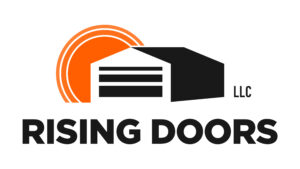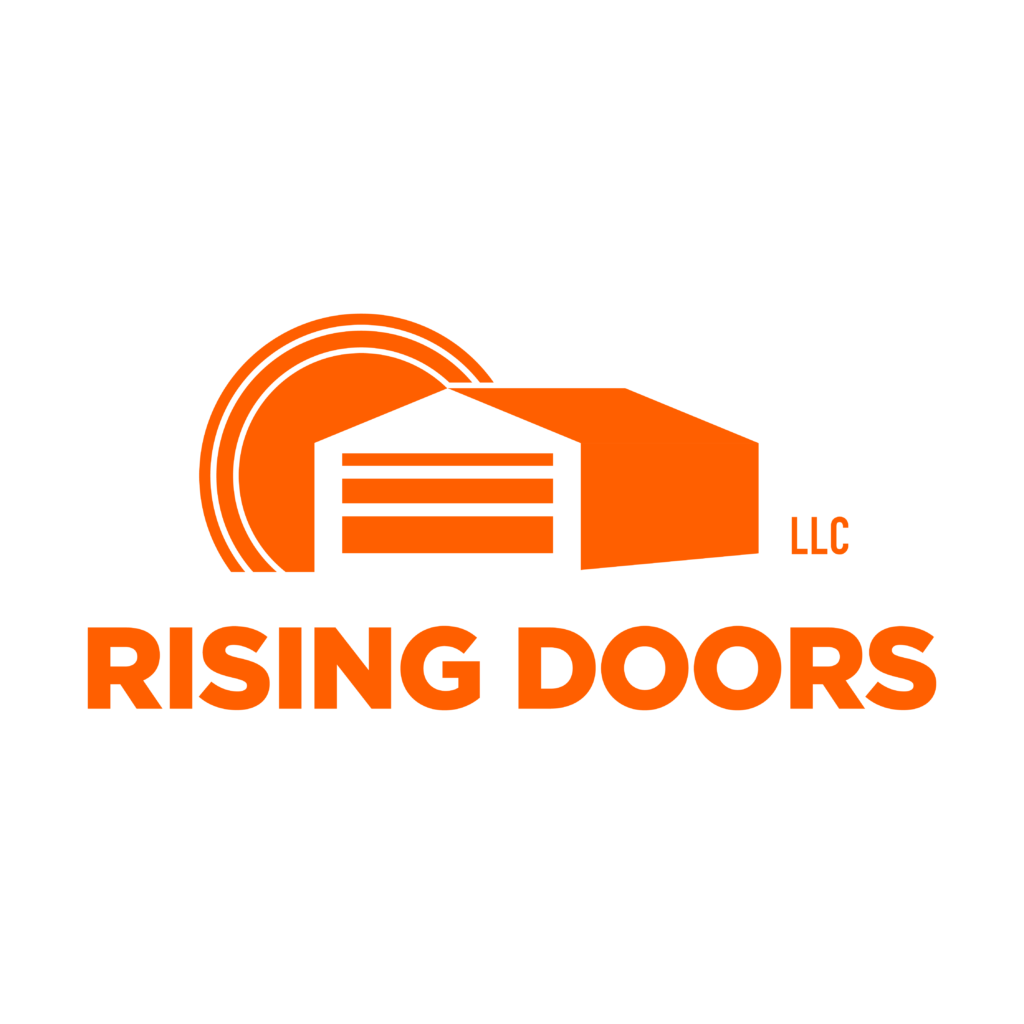
As a homeowner, we understand the frustration that comes with a malfunctioning garage door. From being stuck halfway open to making alarming noises, garage door problems can disrupt our daily routines and compromise our safety. In this article, we will help you identify and troubleshoot common issues. By following these expert tips, you can save time, money, and ensure the longevity of your garage door.
Importance of Regular Garage Door Maintenance
Regular maintenance is key to preventing common garage door problems. Neglecting routine maintenance can lead to more significant issues down the line, resulting in costly repairs or even the need for a complete replacement. By investing a little time and effort into maintaining your garage door, you can avoid these headaches altogether.
One essential maintenance task is lubricating the moving parts of your garage door regularly. This includes hinges, rollers, and tracks. Applying a silicone-based lubricant will ensure smooth operation and prevent excessive friction. Additionally, inspect the weatherstripping around the perimeter of your garage door and replace it if it shows signs of wear and tear. This will prevent drafts and keep your garage insulated.
Identifying Common Garage Door Problems
To effectively solve garage door problems, you must first be able to identify them. Here are some common issues you may encounter:
1. Noisy Operation
If your garage door produces excessive noise during operation, it may indicate worn-out rollers or hinges. These components can easily be replaced to restore smooth and quiet operation. Additionally, check for loose hardware and tighten any bolts or screws that may have become loose over time.
2. Uneven Movement
An unbalanced garage door is not only a nuisance but also a safety hazard. If your door appears to be uneven or lopsided when opening or closing, it may be due to a problem with the springs. Garage door springs are under high tension and should only be adjusted by professionals. Contact a reputable garage door service provider to address this issue.
3. Stuck or Jammed Door
A door that gets stuck or jammed in the middle of its operation can be caused by various factors. Check for any obstructions in the tracks or examine the rollers for signs of damage. Lubricating the tracks and rollers may also help resolve this issue. However, if the problem persists, it’s best to consult a professional to avoid further damage.
How to Troubleshoot and Solve Minor Garage Door Issues
While some garage door problems require professional intervention, there are several minor issues you can troubleshoot and solve on your own. Here are some steps you can take:
1. Garage Door Opener Not Responding
If your garage door opener fails to respond, start by checking the batteries in your remote control. Replace them if necessary. If the problem persists, inspect the photoelectric sensors on either side of the door. Ensure that they are aligned and free from any obstructions. Clean the sensors with a soft cloth to remove any dirt or debris that may be interfering with their operation.
2. Garage Door Remote Control Range Issues
If you’re experiencing limited range with your garage door remote control, the problem may be caused by interference from other electronic devices. Move any such devices away from the garage door opener and test the range again. If the issue persists, consider replacing the remote control or consulting a professional for further assistance.
3. Squeaky or Sticking Door
A squeaky or sticking garage door can often be resolved with a simple fix. Apply a silicone-based lubricant to the hinges, rollers, and tracks to ensure smooth operation. If the problem persists, examine the tracks for any misalignment or damage. A bent track may require professional repair or replacement.
DIY Garage Door Repairs and Safety Precautions
While it’s tempting to tackle garage door repairs on your own, it’s important to prioritize safety. Some repairs, especially those involving springs and cables, can be dangerous and should only be handled by professionals. However, there are still minor repairs you can safely perform yourself. Here are some safety precautions to keep in mind:
- Disconnect the power: Before attempting any repairs, unplug the garage door opener from the power source to avoid accidental activation.
- Use proper tools: Always use the appropriate tools for the job. Using makeshift tools can lead to injuries or damage to the door.
- Wear protective gear: When working on your garage door, wear safety goggles, gloves, and closed-toe shoes to protect yourself from any potential hazards.
Remember, if a repair seems beyond your capabilities or involves complex components, it’s best to leave it to the professionals. They have the expertise, experience, and tools necessary to perform the job safely and effectively.
When to Call a Professional Garage Door Service Provider
While minor repairs can be tackled on your own, there are instances where it’s best to call a professional garage door service provider. Here are some situations where professional intervention is recommended:
- Broken springs: Garage door springs are under high tension and can cause severe injuries if mishandled. If your springs are broken or damaged, it’s crucial to seek professional help.
- Motor or opener issues: If your garage door opener or motor is malfunctioning, it requires specialized knowledge to diagnose and repair. A professional garage door service provider can quickly identify the problem and offer the appropriate solution.
- Structural damage: If your garage door has suffered significant structural damage, such as a bent track or a panel that needs replacement, professional repair is necessary to ensure proper functionality and safety.
By calling a professional garage door service provider, you can have peace of mind knowing that your garage door will be repaired correctly and efficiently.
Choosing the Right Garage Door Service Provider
When it comes to choosing a garage door service provider, it’s essential to do your research and select a reputable company. Here are some factors to consider:
- Experience and expertise: Look for a service provider with years of experience and a team of trained professionals. They should have a deep understanding of various garage door systems and be equipped to handle any issues that may arise.
- Licensing and insurance: Ensure that the service provider is properly licensed and insured. This protects you from liability in case of accidents or damages during the repair process.
- Customer reviews and testimonials: Read reviews and testimonials from previous customers to gauge the service provider’s reputation and customer satisfaction.
- Range of services: Choose a service provider that offers a comprehensive range of services, including repairs, installations, and maintenance. This ensures that they can address all your garage door needs.
By carefully selecting the right garage door service provider, you can trust that your repairs will be carried out professionally, efficiently, and with the utmost care.
Garage Door Repair Services Offered by Professionals
Professional garage door service providers offer a wide range of repair services to address various issues. Here are some common repair services they provide:
- Spring Replacement: Garage door springs are crucial components that often require replacement due to wear and tear. Professional service providers can safely replace these springs, ensuring the correct tension and balance.
- Track alignment and repair: Misaligned or damaged tracks can cause a garage door to function improperly. Professional technicians can realign or repair the tracks, ensuring smooth operation.
- Opener and motor repairs: Garage door openers and motors can experience issues that require specialized repairs. Professional service providers can diagnose and fix these problems efficiently.
- Panel replacement: If a garage door panel is damaged, professional technicians can replace it, restoring the door’s appearance and functionality.
These are just a few examples of the repair services offered by professional garage door service providers. When faced with a garage door problem, don’t hesitate to reach out to a trusted professional with the expertise to address the issue effectively.
Garage Door Maintenance Tips to Prevent Future Problems
Prevention is always better than cure when it comes to garage door problems. By following these maintenance tips, you can extend the lifespan of your garage door and minimize the likelihood of future issues:
- Regularly clean the tracks: Dust, debris, and dirt can accumulate in the tracks, affecting the door’s operation. Clean the tracks regularly to ensure smooth movement.
- Test safety features: Periodically test the safety features of your garage door, such as the auto-reverse mechanism and the photoelectric sensors. This ensures that they are functioning correctly, keeping you and your family safe.
- Check and tighten hardware: Regularly inspect the hardware, including bolts, screws, and hinges, and tighten any loose components. Loose hardware can lead to operational issues and potential safety hazards.
- Schedule professional maintenance: While there are maintenance tasks you can perform yourself, it’s still essential to schedule regular professional maintenance. A trained technician can identify and address any potential problems before they escalate.
By following these maintenance tips, you can keep your garage door in optimal condition and avoid costly repairs in the future.
Conclusion
Maintaining a functional and reliable garage door is essential for every homeowner. By staying proactive and addressing common garage door problems promptly, you can ensure the longevity of your garage door and avoid unnecessary expenses. Whether it’s performing routine maintenance, troubleshooting minor issues, or seeking professional help when needed, taking care of your garage door will pay off in the long run. Remember, a well-maintained garage door not only enhances the curb appeal of your home but also provides convenience, security, and peace of mind.
FAQs
1. How often should I lubricate my garage door?
It’s recommended to lubricate your garage door’s moving parts, such as hinges, rollers, and tracks, at least once every six months.
2. Can I replace garage door springs myself?
Replacing garage door springs can be dangerous and should only be done by professionals. The high tension of the springs can cause severe injuries if mishandled.
3. How often should I schedule professional garage door maintenance?
It’s best to schedule professional garage door maintenance at least once a year. A trained technician can perform a thorough inspection, identify any potential issues, and perform necessary repairs or adjustments.
4. How long do garage door springs typically last?
Garage door springs have an average lifespan of around 10,000 cycles, which translates to approximately 7-10 years. However, this can vary depending on usage and maintenance.
5. What should I do if my garage door opener stops working?
Start by checking the batteries in your remote control. If that doesn’t solve the issue, inspect the photoelectric sensors on either side of the door for alignment and cleanliness. If the problem persists, consult a professional garage door service provider for further assistance.
6. Can I install a new garage door myself?
Installing a new garage door is a complex task that should be handled by professionals. They have the expertise, tools, and knowledge to ensure proper installation and functionality.
7. How do I choose the right garage door service provider?
When choosing a garage door service provider, consider factors such as experience, licensing, customer reviews, and the range of services they offer. Research and select a reputable company that meets your specific needs.
8. How can professional garage door maintenance benefit me?
Professional garage door maintenance can identify and address potential issues before they escalate, saving you from costly repairs down the line. It ensures that your garage door operates smoothly, efficiently, and safely.
9. What are some signs that my garage door needs professional repairs?
Signs that your garage door may need professional repairs include excessive noise during operation, uneven movement, sticking or jamming, and structural damage. If you notice any of these issues, it’s best to consult a professional to assess and address the problem.
10. Can I use WD-40 to lubricate my garage door?
While WD-40 can provide temporary lubrication, it is not recommended for long-term use on garage doors. Instead, use a silicone-based lubricant specifically designed for garage doors for optimal results.

